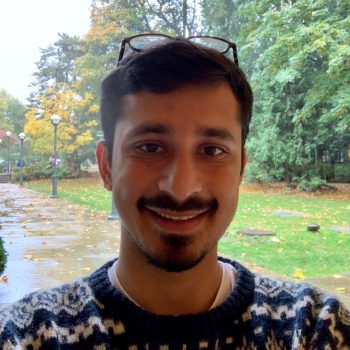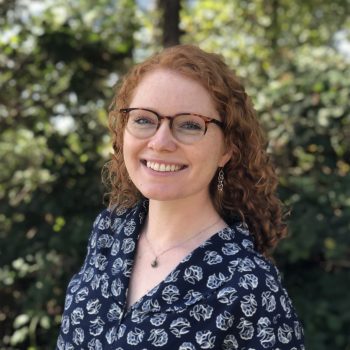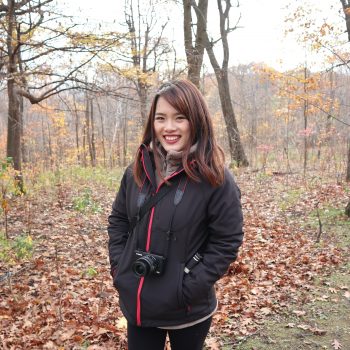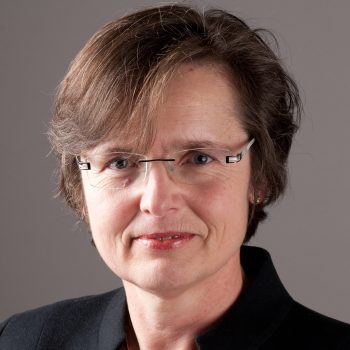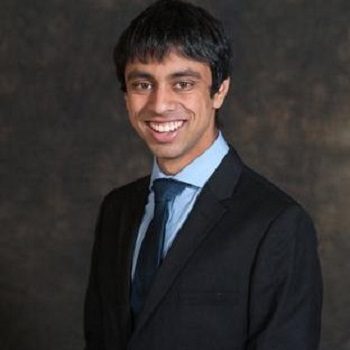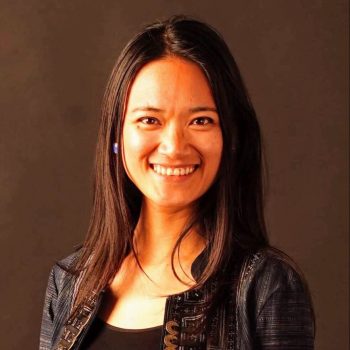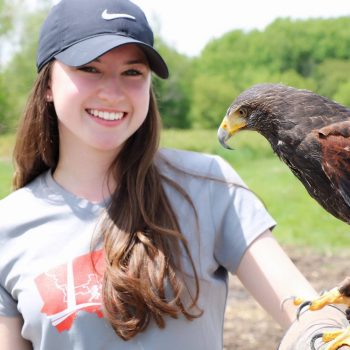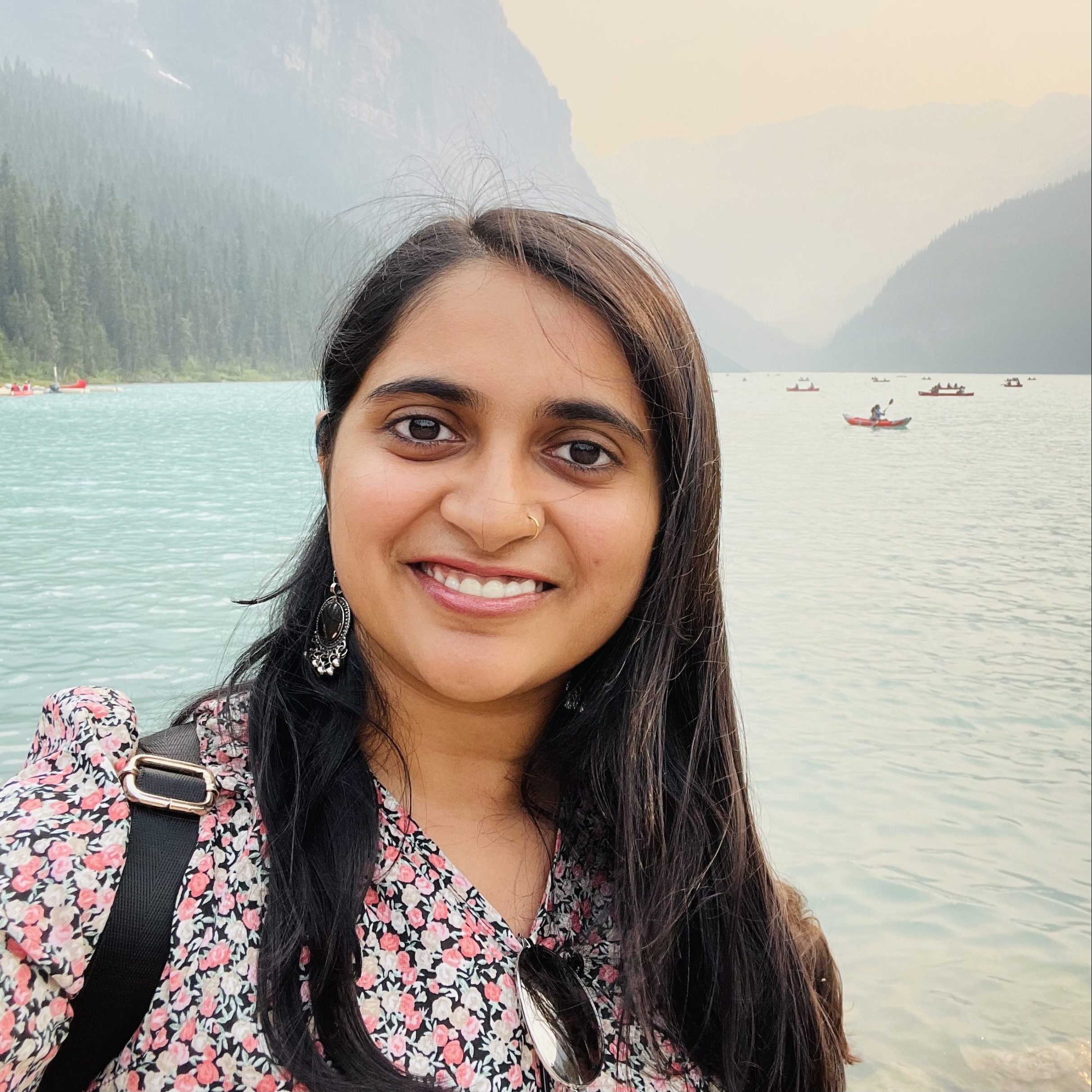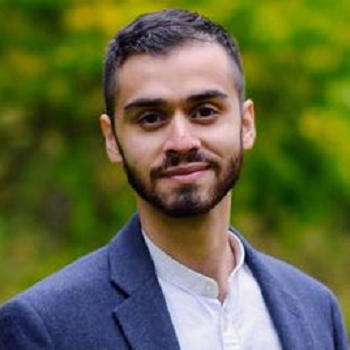Bio
Sarah-Louise Ruder is a SSHRC Postdoctoral Fellow at the University of Ottawa in the School of Sociological and Anthropological Studies and a Researcher at the University of the Fraser Valley in the Food and Agriculture Institute. Her interdisciplinary research and public scholarship focus on the social, political-economic, and environmental dimensions of agriculture and novel technologies in the food system.
Sarah-Louise completed her Ph.D. at the University of British Columbia’s Institute for Resources, Environment and Sustainability in 2023. Her supervisors were Professor Terre Satterfield and Professor Hannah Wittman. Her dissertation research investigated the evidence of surveillance capitalism in agriculture, with a policy and document analysis of farm management platforms; challenges and opportunities for data governance and data justice vis-à-vis increasing digitalization of the food system; farmer experiences and imaginaries of technological change in Canada, focusing on digital technologies; and the enactment of responsible research and innovation in the food system, with a study of agricultural genomics experts. This research was funded a SSHRC Canada Graduate Scholarship, the UBC Four Year Doctoral Fellowship, Genome BC, and the UBC Public Scholars Initiative.
While at UBC, Sarah-Louise coordinated a SSHRC Connection project with Hannah Wittman at IRES and Shauna MacKinnon at the British Columbia Agricultural Climate Adaptation Research Network (BC ACARN). Building on her community-engaged research and UBC Public Scholars project, she led the development of a an open-access “toolkit” for ethical data governance in agriculture available in multiple languages (see: https://www.bcacarn.ca/projects-2/ethical-data-governance/).
Featured Publications
Ruder, S. L., Bowness, E., McIntyre, A., Grant, A.M., & Newman, L. (2023). Tasting the ‘Future of Food’ on a Bay Area Cellular Agriculture Tour. Gastronomica, 23(2): 37–46. https://doi.org/10.1525/gfc.2023.23.2.37
Ruder, S. L. & Kandlikar, M. (2023). Governing Gene-Edited Crops: Risks, Regulations, and Responsibilities as Perceived by Agricultural Genomics Experts in Canada. Journal for Responsible Innovation, 1(10), 1–29. https://www.tandfonline.com/doi/full/10.1080/23299460.2023.2167572
Reimer, C., Ruder, S. L., Koppes, M., & Sundberg, J. (2023). A Pedagogy of Unbecoming for Geosciences Otherwise. Annals of the American Association of Geographers, Special Issue: Race, Nature, and the Environment, 113(7), 1711–1727. https://doi.org/10.1080/24694452.2022.2151406 || Equal authors
Ruder, S. L.,* James, D.,* Bowness, E.,* Robin, T., & Dale, B. (2022). Canada’s Corporate Food Regime and the Prospects for a Just Transition. In J. Antony, W. Antony, & L. Samuelson (Eds.), Power and Resistance: Critical Thinking about Canadian Social Issues. Fernwood. https://fernwoodpublishing.ca/book/power-and-resistance-7th-ed || *Co-Lead authors
Clapp, J. & Ruder, S. L. (2020). Precision Technologies for Agriculture: Digital Farming, Gene-Edited Crops, and the Politics of Sustainability. Global Environmental Politics, 20(3), 49–69. https://doi.org/10.1162/glep_a_00566 Ruder, S. L. & Sanniti, S.R. (2019). Transcending Learned Ignorance of Predatory Ontologies: research agenda for an ecofeminist-informed Ecological Economics. Sustainability, 11(5), 1–29. https://doi.org/10.1162/glep_a_00566 || Equal authors
Last updated: May 21, 2024

